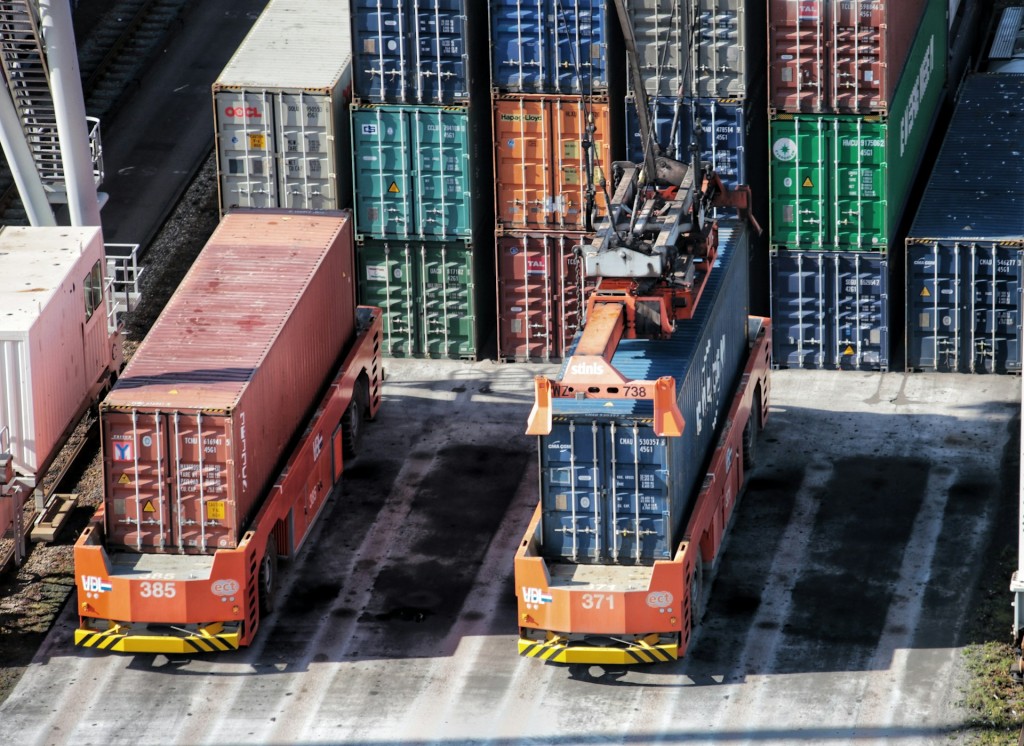Load boards are essential tools at the disposal of everyone in the freight and transport industry. They provide a connection between those who ship and those who carry. These platforms make it extraordinarily easy and quick to post or find freight loads. This is particularly important in an industry that operates at lightning speed.
Load boards are very useful to shippers requiring the transportation of goods and advantageous for carriers interested in filling up their cargo space completely. They offer a focal point where the transportation needs of one can be matched to the available space of the other. This amounts to great significance today, as spot rates on load boards dropped by around 11% from 2022.
On load boards, you get cost-effective and timely logistics solutions. They offer real-time information, massive options, and ease of communication that cuts time and effort spent in freight logistics. These platforms help utilize cargo space more effectively and can also meet shipping needs swiftly.
If you want to know more about the benefits of load boards, read on. This post establishes how load boards simplify logistics and bring about ease, including better market access, cost savings, and opportunities for strategic networking for both shippers and carriers. We’ll look at why these tools are in such demand from every player in the freight industry.
Better Market Access
Load boards provide a complete forum for carriers to view several available loads and therefore expand in the market. In equal measure, the shippers get to view the large network of carriers with enhanced eyes, looking for the proper means of moving freight. Wide market access is very important in the current dynamic freight environment that seeks efficient load-matching with carriers.
Furthermore, a load board serves as a critical entry point through which smaller carriers and new entrants in the market are necessarily permitted the opportunity to enter the market and compete with more robust entities. Load boards act as a lifeline for shippers, sometimes in niche industries or operating deliverables within remote locations, who may not be able to access the carriers they need.
Time and Cost Saving
Load boards permit shippers to make more and faster match-ups with carriers in a time-saving manner through automated processes. Therefore, it can lead to competitive pricing for the shipper due to the larger number of available carrier options. In that sense, it is a win-win situation where carriers save on empty miles, thereby cutting down on fuel costs and overall efficiency.
Considering the current market condition in which tender rejection rates are pointing to an improving trucking market, efficient load matching increasingly becomes essential to maintaining cost-effectiveness for carriers.

Transparency and Real-Time Information
Modern load boards have real-time status on loads, pricing, and location, making them more transparent. This is important for shippers and even carriers to ensure they can make informed decisions based on the prevailing conditions in the market.
Real-time data ensures the prediction of market trends so that both parties can act in response to changing market flow. It also develops a sense of trust and reliability among the users, which is very important while trying to build long-term, healthy business relations. It reduces such risks due to market volatility, thus helping the carriers and the shippers plan and execute their schedules efficiently.
Flexibility and Control
For carriers, load boards are flexible, giving them the option to choose the loads that fit the routes that they play according to the schedule. This autonomy lets you plan and utilize your resources better. Shippers, on the other hand, get control of their freight needs by choosing carriers who fit the latter’s unique requirements best, whether timing, cost, or load handling capabilities.
Networking and Relationship Building
Load boards are not just transactional tools; instead, they’re interfaces for building relationships. They enable shippers and carriers to establish long-term business relationships that would see to it that more solid and consistent logistics arrangements are made. Reliability and consistency are two very critical things in the freight business, and that is why trust with all the involved parties should be created.
Technology Integration and Other Advanced Features
Emerging technologies have infused a whole new dimension into the use of load boards in the freight industry. Features like GPS tracking, automatic billing, and analytic work all justify swarmed efficiency and logistic operation insight. The enhancement provides toolsets that enable shippers as well as carriers to be data-driven, thus making them able to gain a better competitive edge within the market.

In conclusion, load boards present immense benefits to shippers and carriers. Ranging from enhanced accessibility to the market to technology applications, they play essential roles in streamlining the process of freighting logistics. As the freight market continues to change, the integration of load boards into a logistics strategy can be a game changer for those companies wishing to become more efficient and profitable.





